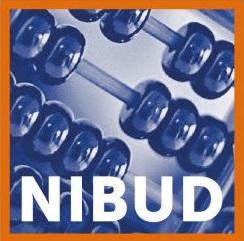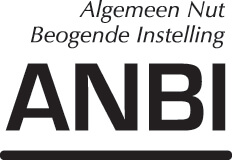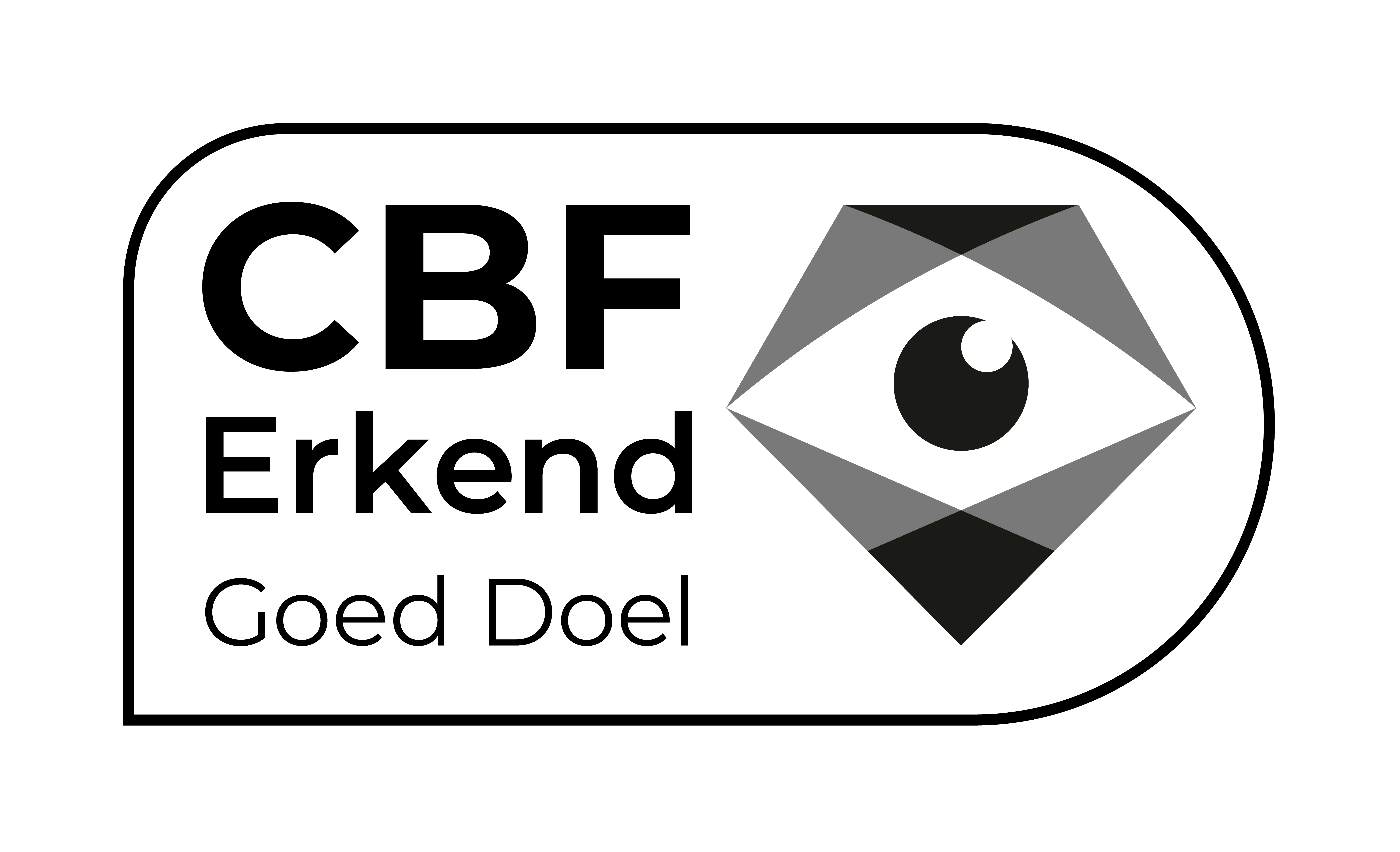September 16, 2019
Nibud Director Arjan Vliegenthart: 'Poverty means not being able to participate socially'
 Nibud is the knowledge center for the household budget of the Dutch. Nibud aims to help people gain and maintain control over their finances, now and in the future. This means providing research, information, and advice for both citizens and the government. Nibud also trains debt counselors who can support families. Director Arjan Vliegenthart: "Poverty is not just a personal problem, but a societal problem."
Nibud is the knowledge center for the household budget of the Dutch. Nibud aims to help people gain and maintain control over their finances, now and in the future. This means providing research, information, and advice for both citizens and the government. Nibud also trains debt counselors who can support families. Director Arjan Vliegenthart: "Poverty is not just a personal problem, but a societal problem."
"We provide life jackets but also advocate for fencing along the ravine," Arjan Vliegenthart paints. "We help individuals but are happy to contribute to a different financial structure in society. Poverty isn't just a personal problem, but a societal problem.

It should be designed to help you avoid debt. The lower your income, the harder it is to make ends meet. That seems obvious, but it's not entirely true. There are also people who can get by well on little money. So there's also a behavioral component. It means being able to see the consequences of your financial decisions. How do you maintain sufficient control over your monthly income and expenditure? Financial stress leads to less rational behavior. And vulnerable people hide away and are therefore difficult to reach. The biggest challenge lies in reaching that group.
It's difficult to catch up when you're behind
Poverty in the prosperous Netherlands? Many Dutch people can't imagine it, because when life gets tough, you're entitled to benefits, and most people have a roof over their heads. Vliegenthart: "Poverty in the Netherlands means you can't participate socially, and in that sense, there really is poverty in the Netherlands. And no, that's not hunger poverty like elsewhere in the world, but it does mean, for example, that you can't go to a birthday party because you don't have money for a present. That children can't join a sports club or take music lessons because there's no money for it. The world is getting smaller and smaller. This causes children to fall behind, a disadvantage they'll find very difficult to bridge throughout their lives. Not to mention all the joy you're denied when you don't have much money."
More debt, less demand for help
The Nibud leads debt counselors These people can help them get a grip on things. However, a recently published article shows that fewer and fewer people are asking for help. "Having debt is taboo, shame is a problem," says Vliegenthart. "That's because there's so much morality surrounding it. If you have debt, you're probably guilty of it. If we can remove that morality, we'll be well on our way. People often think that debt counseling is for people who are worse off. As a result, people are less likely to turn to the municipal help desk. And the municipality is primarily focused on people they already know, for example, through social assistance. But there are groups that are less likely to be targeted, such as the self-employed."
Building up a buffer
Building up a buffer for emergencies is the first piece of advice the Nibud (National Institute for Family Finance Information) gives people. But the government doesn't always facilitate this. "It would help if policy were adjusted here and there. Take the standards for municipal tax waivers: they're very low. That's where the buffer goes. So, there's actually a perverse incentive in that policy. If that policy is improved, it would immediately provide relief. The same applies to the entire debt industry. People receive fines after fines for late bill payments, sinking them deeper and deeper into a hole they can't escape. People receiving debt counseling must have sufficient income, otherwise they won't make it. You can teach people to look at every penny carefully, but if every penny is needed, things will eventually go wrong. That's why reorganizing society is so important."
Poverty as a legacy
Children who grow up in poverty miss out on opportunities that other children do. Arjan Vliegenthart is convinced of this. “Unfortunately, it matters where you're born. It's not always about a family's financial capital; social and cultural capital, as well as the parents' education level, also contribute to a child's development. And that sometimes goes from generation to generation. There's a good chance that children who grow up in poverty will continue to struggle with financial hardship for the rest of their lives; that's a serious problem. You can escape it, but it's not that easy. And the way society is structured isn't exactly conducive to this. Young people can generally only buy a house if their parents contribute some of the financing. Rents are rising. This makes people vulnerable and increases the risk of homelessness. We see that the number of homeless people is growing. The disparities in society seem to be widening.”
Education
To make people more resilient, Nibud and its partners provide information to various groups, including high school students. We not only give young people insight into how to manage money, but also what to expect when they do. turning 18For example, many young people have no idea that they need to take out their own insurance. They have no idea of all the costs that come with being an adult. That's asking for trouble.
Parents who have difficulty making ends meet
Parents want the best for their child. And they feel ashamed if they can't provide what the child needs. "Lack of money isn't something to be ashamed of," says Vliegenthart. "Ask for help if you can't figure it out. There are solutions. As a parent, you want your child to thrive and be happy. The beauty of the Youth Sports & Culture Fund is that the support is provided in kind. Membership and supplies for things like a sports club or dance lessons are paid for. So these can't be confiscated by third parties. This ensures that your child can always participate. I find that very meaningful."
Children also need to know that help is available and that they shouldn't bully each other about their lack of money. Peer pressure among young people is immense. It would be great if this could be discussed. It's ridiculous that we can't achieve this in a wealthy country like the Netherlands. It's a matter of honor that we do make this happen.
Control over financial worries due to the corona crisis (Nibud)
Read more stories




